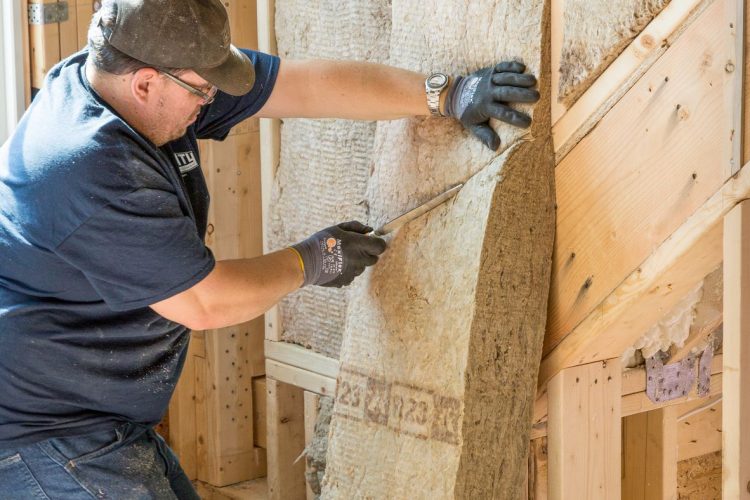Noise level is among the major concerns for many homebuyers these days. Although insulation is the best way to minimize unwanted noise in a new home, building codes require homeowners to insulate walls.
Plus, there are compelling benefits for insulating a new home. With many homeowners spending a lot of time indoors, most new home builders insist on the importance of insulating a home. Some of the benefits you could get include:
-
Save the Energy
Insulation on the walls and roof have energy savings impacts by minimizing dependence on artificial heating or cooling.
By insulating the interior walls, you will be able to create climate zones in the building for more efficient heating or cooling.
If your home has rooms that are not occupied yet, you may close their doors and only cool or heat the rooms you use most of the time.
-
Moisture Control
Moisture trapped in your home’s walls may cause different sorts of issues. If this moisture condenses in the walls, it may result in mildew, rot, or frozen patches of moisture, which causes staining if they melt.
Insulating the walls of your home with vapor-resistant membranes will help to reduce the condensation when the moisture tries to move in the walls of your home.
-
More Comfort
Loss of heat through the walls usually causes dampness that might degrade wallpaper, paint, and plaster.
Even worse than this, dampness found in your home may also contribute a lot to respiratory issues. Having well-insulated walls will enable you to limit the condensation impacts. Plus, your home will be warmer in the winter and cooler during summer.
-
Minimize Carbon Footprint
If you want to have a green lifestyle, the best insulation services will help you achieve it. Since insulation enables you to use less energy and reduce the number of emissions, you can be able to minimize the carbon footprint and its effects on the environment.
-
Reduce Loss of Heat
One of the ways to minimize heat loss in your home is to consider installing insulation to the walls. During installation, home builders will fit in an insulating material to the inner surfaces of the walls.
This step is followed by putting a vapor barrier to protect the insulation against the penetration of air. Basically, this kind of insulation is the best for any kind of property.
By insulating your home well, you will ensure the temperature in the house remains consistent throughout the year.
-
Prevent Molds
Condensation of moisture causes the growth of molds. You can easily address this problem by insulating your walls.
Typically, wall insulation can prevent moisture from entering the walls. What happens is that the moisture is trapped between and eventually flows through the ground.
In a Nutshell!
Many building communities have a building code, which requires homeowners to insulate their ceilings and walls.
Insulating the interior walls is not that common. But it helps prevent molds, avoid heat loss, save on energy, and minimize carbon footprint in a home.
While the right time to insulate your walls is when constructing a new home, it is possible to add insulation materials to your existing walls without bringing down the drywall.

